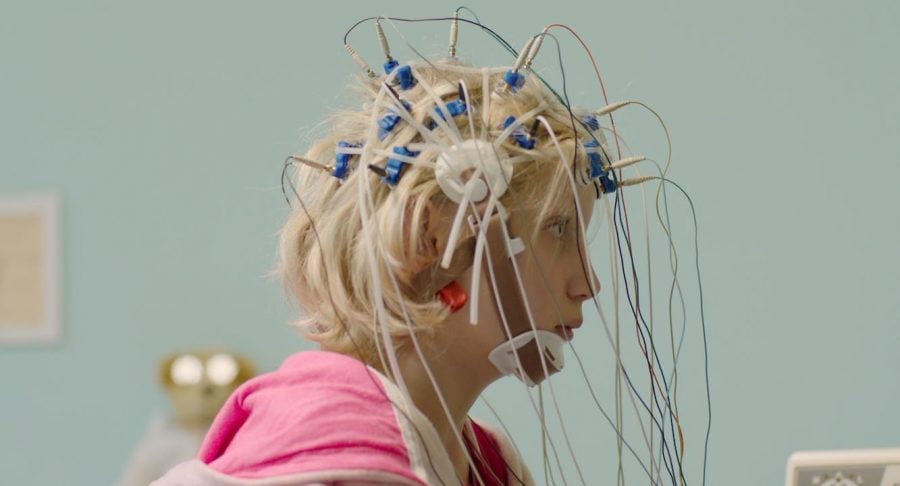Aporia (2023)

7.3
Movie
TLDR
After this, I really want to just hold my loved ones closer.
What it's about
The take
Time travelling movies tend to be flashy with its sci-fi wonder, but Aporia takes a more grounded approach to the time altering genre. Instead of time travelling, the protagonists have a mundane, almost lo-fi machine, that almost seems disappointing, but is no less life-altering. Of course, to the grieving Sophie, who lost her husband, it’s easy to understand why she would take the chance to get her husband back again. But the film takes a grounded and realistic approach as Sophie spirals into an unrelenting series of regret and trolley problems, each time she chooses to use the machine. While the pacing may be a tad slow, and the events can feel a bit mundane, Aporia is a startlingly poignant reminder of how each ordinary moment, if changed, can be completely life altering.
What stands out
We’re familiar with the concept of time machines in film, like the DeLorean in Back to the Future, and the Time-Turner in the Harry Potter series. Each of these time machines work differently, and have different rules, but usually they bring the characters back in time through blinking lights, cool SFX, and dramatic scoring. The time machine in Aporia feels more mundane– the machine looks haphazardly assembled in Jabir’s spare bedroom, no one goes inside, and literally, the first indication that something happened is initially only a puff of smoke that makes it seem like the machine broke. And in doing so, Aporia makes it clear that it’s not going to be focused on how cool the concept of time travel would be– what’s more important are the sober consequences, if such a thing is possible.
Comments
Your comment
UP NEXT
UP NEXT
UP NEXT
Curated by humans, not algorithms.

© 2025 agoodmovietowatch, all rights reserved.











